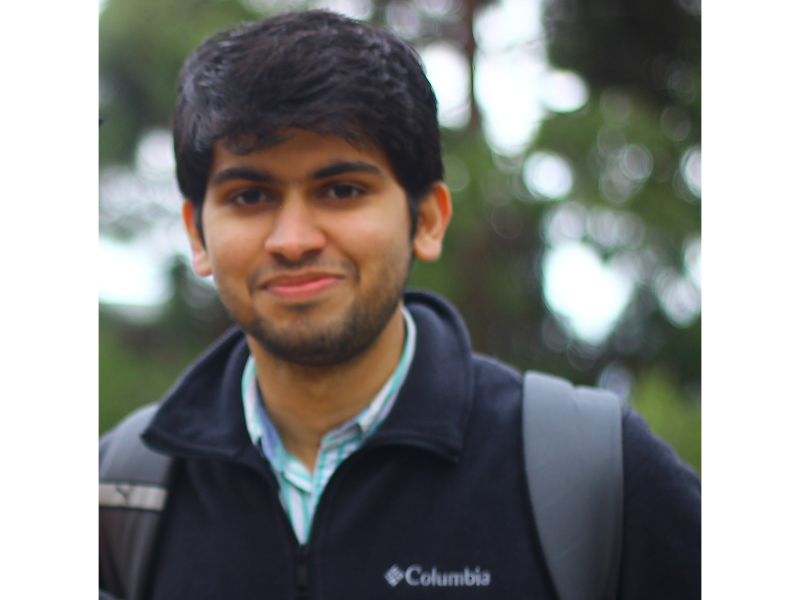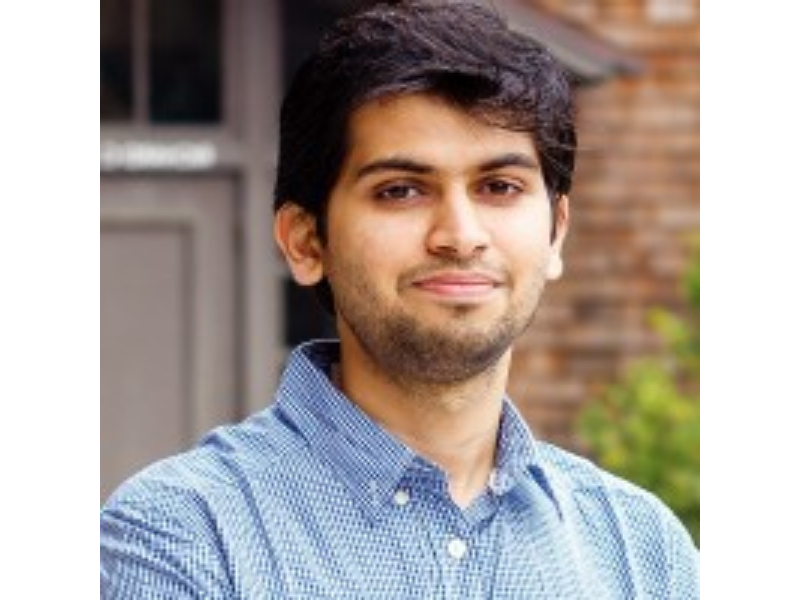- Deepak Pathak’s journey went from academia at Carnegie Mellon University to co-founding Skild AI.
- His innovative work in AI and robotics is revolutionising industries such as healthcare, finance, and logistics.
Deepak Pathak, a name synonymous with innovation in artificial intelligence and robotics, has become a beacon of inspiration for many. As the Co-Founder and CEO of Skild AI and a faculty member at Carnegie Mellon University (CMU), his journey is a testament to the transformative power of passion and perseverance. But who exactly is Deepak Pathak, and why is his work reshaping the landscape of AI and robotics?
A promising start in academia
Deepak Pathak’s story begins in India, where he pursued his undergraduate degree in Computer Science. His exceptional academic performance earned him a scholarship to Carnegie Mellon University, one of the world’s leading institutions for AI research. Here, Pathak delved into self-supervised learning, a niche within machine learning that allows AI systems to learn from unlabelled data. His work at Carnegie Mellon set the foundation for his future contributions to AI and robotics.
AI has the potential to solve some of the world’s most pressing problems, from healthcare to climate change. Our goal is to push the boundaries of what AI can achieve while ensuring ethical and sustainable development.
Deepak Pathak

From academic excellence to industry innovation
Pathak’s transition from academia to industry was marked by his stint at Facebook AI Research (FAIR). At FAIR, he focused on developing algorithms that enhanced the capabilities of AI systems, making them more adept at understanding and generating human language. His contributions at FAIR not only advanced the field of AI but also caught the attention of leading tech companies.
In 2020, Pathak joined Covariant as the Chief Scientist. Covariant, a company dedicated to bringing AI to industrial robotics, provided Pathak with the perfect platform to merge his academic expertise with practical applications. Under his leadership, Covariant has developed AI-driven robotic systems that can perform complex tasks with human-like precision and adaptability.
Leading Skild AI
In 2021, Pathak co-founded Skild AI, a company dedicated to revolutionising the way businesses utilise AI technologies. As CEO, Pathak has steered Skild AI towards developing cutting-edge AI solutions that address real-world problems. Skild AI specialises in creating AI-driven tools for industries such as healthcare, finance, and logistics, aiming to enhance efficiency and decision-making processes. Under Pathak’s leadership, Skild AI has rapidly grown, attracting significant investments and partnerships with major corporations. His vision for Skild AI is to democratise AI technology, making it accessible and beneficial for businesses of all sizes.
The impact of Pathak’s work
Pathak’s work has had a profound impact on various industries. One notable example is the automation of warehouses. Companies like Amazon have adopted AI-driven robots for sorting and managing inventory, significantly reducing human labour and increasing efficiency. Pathak’s innovations in self-supervised learning have been instrumental in making these robots more adaptable to dynamic environments.
The road to innovation is never easy. It’s filled with challenges and setbacks. But it’s these very challenges that shape us and push us to strive for greatness.
Deepak Pathak
Another area where Pathak’s work has made a difference is in the manufacturing sector. By integrating AI with robotics, Pathak has enabled the development of automated systems that can adapt to changes in the production line, improving efficiency and reducing downtime. This is particularly crucial in industries like automotive manufacturing, where precision and adaptability are key to maintaining a competitive edge.
Also read: Who is Brad Porter? CEO of Collaborative Robotics, with an eye for human-robot interactions
Also read: ASML orders beat estimates as AI boom fuels chip giant
Pop quiz
Who is Deepak Pathak currently working as?
- Professor at Carnegie Mellon University
- Chief Scientist at Covariant
- AI Researcher at Facebook
- Engineer at Amazon
The correct answer at the bottom of the article.
A personal journey
Beyond his professional achievements, Pathak’s personal journey is equally inspiring. He often speaks about the importance of perseverance and passion in achieving one’s goals. In a recent interview, Pathak shared, “The road to innovation is never easy. It’s filled with challenges and setbacks. But it’s these very challenges that shape us and push us to strive for greatness.”
Pathak’s family has been a pillar of support throughout his journey. His wife, a fellow academic, has been his sounding board and partner in navigating the complexities of balancing work and family life. Together, they have faced the ups and downs of their respective careers, providing mutual support and encouragement.

Future vision and ongoing projects
Looking ahead, Pathak envisions a future where AI and robotics are seamlessly integrated into everyday life. He believes that AI has the potential to solve some of the world’s most pressing problems, from healthcare to climate change. His ongoing research focuses on pushing the boundaries of what AI can achieve, with a strong emphasis on ethical and sustainable development.
One of Pathak’s current projects involves developing AI systems that can assist in disaster response. By leveraging AI and robotics, he aims to create systems that can quickly and efficiently respond to natural disasters, providing timely assistance and saving lives. This project exemplifies Pathak’s commitment to using AI for the greater good.
A personal reflection
Deepak Pathak’s contributions to AI and robotics are not just theoretical but have tangible implications for various sectors. His work in self-supervised learning, for example, has the potential to revolutionise industries by making AI systems more autonomous and less reliant on human intervention. This is particularly significant in sectors like logistics and supply chain management, where efficiency and adaptability are crucial.
Moreover, Pathak’s leadership at Covariant has demonstrated how AI can be seamlessly integrated into industrial processes, enhancing productivity and reducing costs. For instance, the use of AI-driven robots in warehouses has streamlined operations, allowing for faster and more accurate sorting and inventory management. This not only boosts operational efficiency but also reduces the need for manual labour, addressing labour shortages and improving workplace safety.
From a broader perspective, Pathak’s work highlights the importance of interdisciplinary collaboration in advancing AI technology. By working closely with both academic researchers and industry professionals, he has been able to bridge the gap between theoretical research and practical application. This collaborative approach ensures that AI innovations are grounded in real-world needs and can be effectively implemented to solve pressing problems.
On a personal level, Pathak’s journey serves as an inspiration to aspiring scientists and engineers. His dedication to pushing the boundaries of AI and robotics, coupled with his commitment to ethical and sustainable development, sets a high standard for future innovators. His story is a reminder that with passion, perseverance, and a willingness to embrace interdisciplinary collaboration, it is possible to achieve groundbreaking advancements that have a lasting impact on society.
Reflecting on Deepak Pathak’s journey, it becomes evident that his story is not just about technological advancements but also about human resilience and vision. Pathak’s relentless pursuit of innovation is a testament to his belief in the transformative power of AI. His journey is a powerful reminder that behind every significant technological breakthrough lies a person who dared to dream and persist against all odds. This resonates deeply with those who understand the challenges and triumphs of pushing boundaries in any field.
Correct answer: B.
